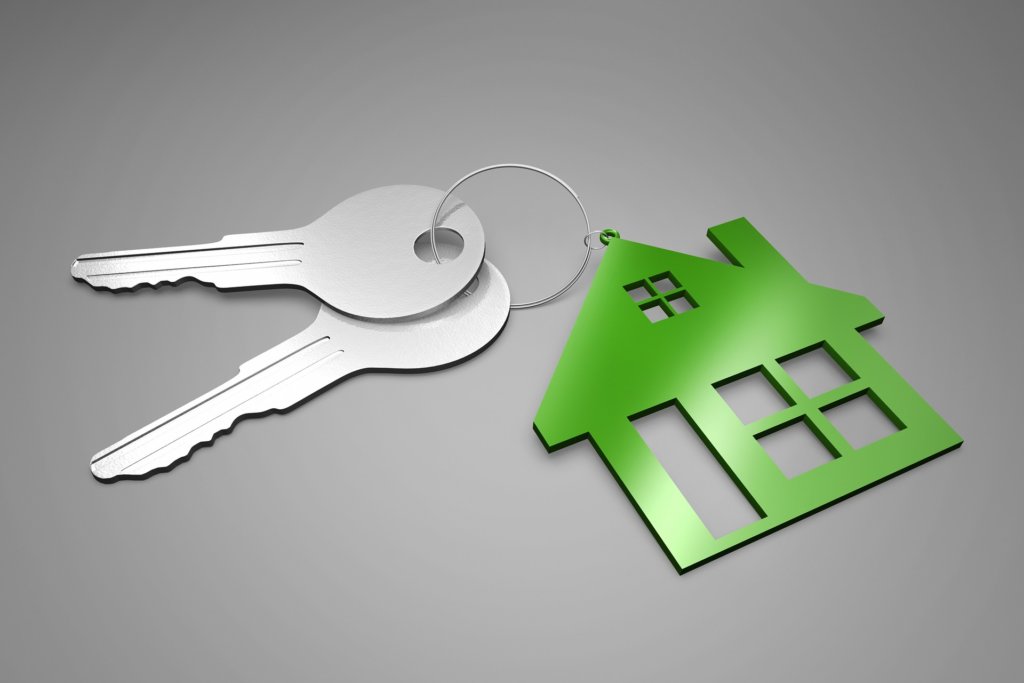16 Dec What to Expect When You Close on the Sale of Your Home

It all comes down to the closing when you are selling your home. Think of it as the finish line of your transaction that you’ve been pursuing the moment you decided to put your home on the market. The closing date is the final step when the last t is crossed and i dotted, and you are ready to turn over your keys to the lucky buyer. Thus, the sale of your home is officially completed. Here’s what you can expect along the way and on the big day when you sit down to close.
Location of Closing
Where do you need to show up? The attorneys for the buyer and seller will pick a mutually agreed upon location, typically at a title company. To make things easier, the attorneys may schedule a time and select a title company that’s most convenient for both parties.
Seller’s Closing Responsibilities
There are a lot of boxes to check before the official closing date, and the seller has responsibilities to fulfill. In most cases, the seller will be required to remove all possessions from the home with some exceptions. Certain items–wall mounted TV brackets or appliances, for example–may be listed in the contract as ones that will be transferred to the buyer. Home fixtures like fireplaces, cabinetry, or built-in shelving also stay in the house. Make sure fixtures are properly identified in the contract.
Sellers also must complete repairs that have been agreed upon, and they are required to leave the home in broom–clean condition and free of debris – no garbage left behind! You should also consult with your real estate attorney to ensure you are complying with additional requirements imposed by the municipality where you live.
Closing Day
Seller beware: it may not be a good idea to attend the closing. Despite the close proximity of the title company, the seller runs the risk of saying or implying something that could give the buyer cold feet. For example, seller’s remorse may surface, or the seller may make small talk about a shortcoming of the house or a critique of the neighbors. Why jeopardize the sale? It’s advisable to keep the closing between the attorneys and agents.
Closing Costs
How much can you expect to spend on a closing? The seller’s closing costs typically include a realtor commission, state, county, and municipal transfer taxes, title insurance, a survey for single family homes and Homeowner Association documents for condominiums and townhouses, government regulatory fees, and, of course, an attorney fee–money that is well spent!
Length of the Closing Process
The closing process–from contract to closing–can range from a couple of weeks to a couple of months just depending on the buyer’s and seller’s individual timeframes.
Lean on Your Real Estate Attorney
As we’ve previously written, engaging a real estate attorney early in the selling process will ultimately lead to a simple and streamlined closing. Your attorney will:
- Explain the selling process from contract to closing
- Examine the title commitment to assure all title defects are cleared
- Provide a net bottom line estimate
- Review and advise you on the terms of your contract during the attorney review period
- Negotiate and resolve any issues that may arise after the home inspection
- Review and explain all documents and resolve any unexpected last minute situations
Closing on the sale of your home may feel like a marathon, but understanding the process and working through the steps will help you successfully cross the finish line and lead to a great experience!
If you liked this post, please like and follow us on Facebook and LinkedIn.




Sorry, the comment form is closed at this time.